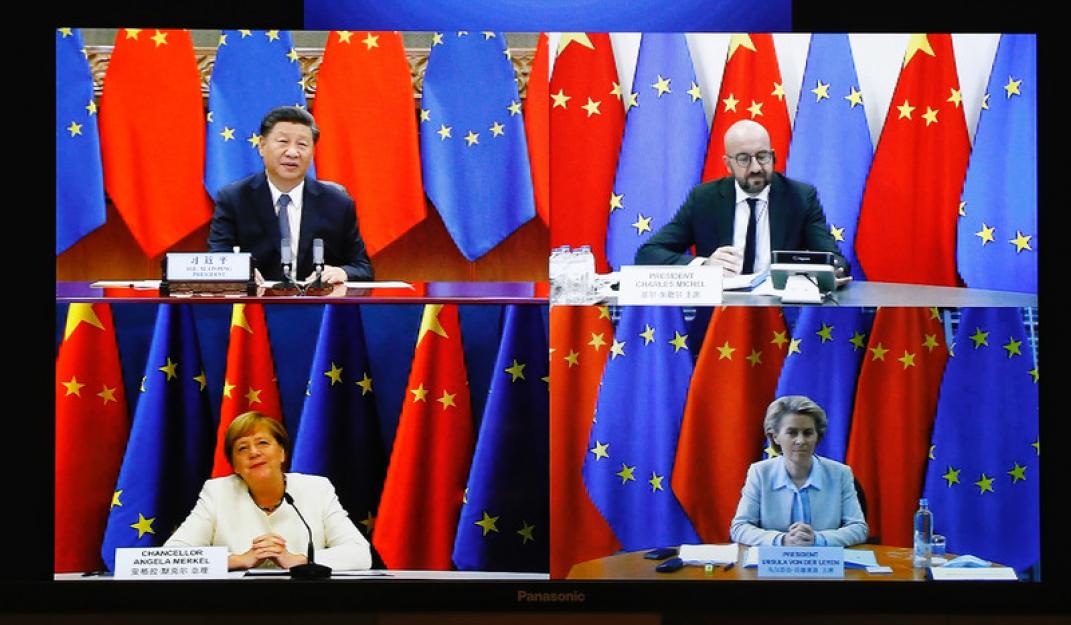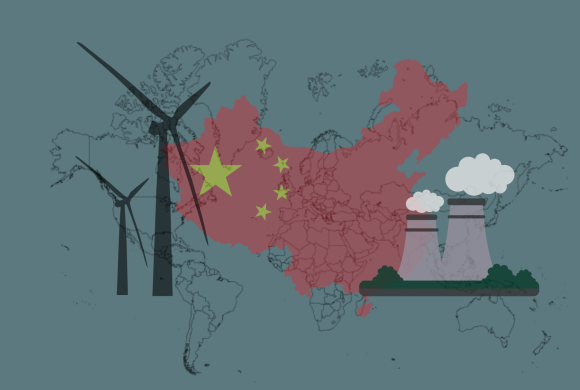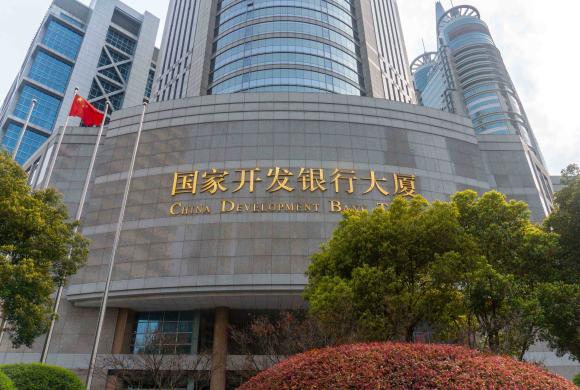
Impacts on the Netherlands and Europe
Read report.
In the report, Creemers and Voo discuss how the growing presence of Chinese businesses and governmental actors in international technical standardisation processes is attracting growing attention, and in some cases concern, from Western observers. Standards have become an important issue in the emerging global confrontation over digital technology, driven to a significant degree by China’s stated aspirations in this field. However, the field of digital technical standards is complex: standards are developed in many organisations, involving multiple corporate participants as well as governmental actors. Evaluating China’s actual influence therefore requires a nuanced and more detailed understanding.
The report provides an initial survey of the field. First, it reviews the organizational architecture of the international standards-setting landscape, and identifies the ways in which China has sought to build a greater impact. Second, it discusses the processes surrounding the development of the 5G standard, and Chinese companies’ participation, as well as China’s much-discussed “new IP” initiative. Lastly, it identifies potential security considerations arising from greater Chinese participation, and provides recommendations to respond to them.
Read full report.
Photo source: The EU and China recently signed a new investment treaty / Council of the European Union

LeidenAsiaCentre
The aim of the LeidenAsiaCentre is to generate academic knowledge on modern East Asia that can find societal applications in the Netherlands. The LeidenAsiaCentre focuses primarily on East Asia: China (including Taiwan), Japan, Korea and Singapore, but is expanding its focus to include South and Southeast Asia, notably India and the Indo-Pacific. As an independent NGO by Dutch law, the LeidenAsiaCentre identifies topics related to social-economic and political developments within Asia that are of relevance for the Netherlands and Europe at large.


